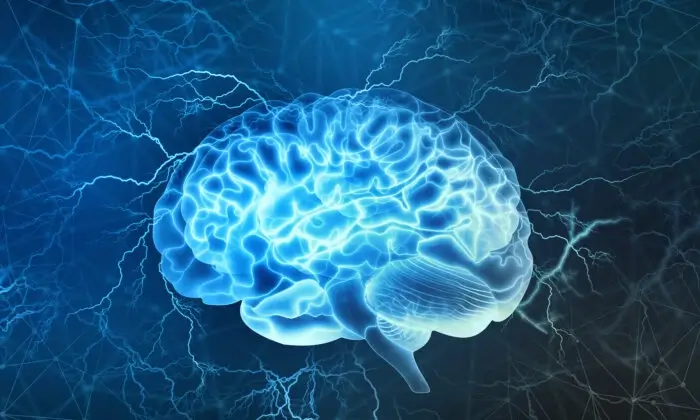
Preserved White Matter Key To Superagers’ Superior Memory: Study
Have you ever met an older person with a mind as sharp as someone much younger?
By: Amie Dahnke | The Epoch Times
They are called superagers and defy the typical cognitive decline associated with aging, particularly in memory function. Remarkably, they can maintain their memory capabilities on par with people 20 to 30 years their junior.
Superagers may owe their exceptional memory preservation to the structure of the white matter in their brains, according to recent research published in the Journal of Neuroscience.
Last In, First Out Theory
White matter plays a crucial role in the brain’s ability to process information. It is responsible for facilitating connections between areas that send and receive signals, affecting a person’s capacity for focus, learning, and problem-solving. The frontal region, in particular, is closely associated with executive functions and memory.
As people age, the structural integrity of the white matter typically begins to weaken and, in some cases, disintegrate. These structural changes can lead not only to memory lapses but also to declines in overall cognitive abilities, according to previous research.
In the five-year study, a research team compared the white matter of 64 superagers over the age of 80 to that of 55 other older adults. The scientists measured how white matter had changed in different parts of the brain.
While they found no significant differences in the overall health of the superagers’ white matter, the researchers did notice superior microstructural differences in certain white matter fibres, especially in the frontal region.
This superior preservation of white matter helps explain why superagers can maintain exceptional memory abilities despite aging. The specific brain regions where superagers show less age-related decline align with the theory that the last areas to fully develop are often the first to show signs of deterioration later in life, the research team wrote.
NASA Just Found Declassified Photos of Venus By The Soviet Union. Real Images!
The Importance of Superagers
Episodic memory is one of the cognitive abilities most vulnerable to aging. Understanding the mechanisms behind superagers can help pave the way for protecting individuals against memory loss in the first place.
“Understanding the superager phenotype can provide insights into mechanisms of protection against age-related memory loss and dementia,” the research team wrote.
About 40% of people aged 65 and older, or roughly 16 million individuals, have age-associated memory impairment, according to the National Institutes of Health. While only 1% of them will progress to dementia each year, the likelihood of developing memory loss increases with age.
The rates of dementia also rise with advancing age. A 2022 Columbia University study found that rates of dementia and mild cognitive impairment spiked as people grew older. While just 3% of individuals between 65 and 69 had dementia, 35% of those aged 90 and above were affected by the condition.
People can work towards counteracting age-associated memory loss. Several recommendations for healthy aging include maintaining good sleep hygiene, regular physical exercise, constant social interaction, and playing mental games. Additional recommendations involve eating a healthy, balanced diet and managing chronic health problems.
* * *
NEXT UP!
Harvard, Google Team Up To Make The Most Detailed Human Brain Map To Date
Harvard scientists and Google researchers have created the largest 3D reconstruction of the human brain to date.
Although just a cubic millimetre of brain tissue, the mapping contains 57,000 cells, 230 millimetres of blood vessels, 150 million synapses, and accounts for 1,400 terabytes of data.
The pioneering work was led by Dr. Jeff Lichtman, a neuroscientist and a professor of molecular and cellular biology specializing in connectomics. This is a fairly new field dedicated to creating comprehensive catalogues of the brain’s structure down to the individual cell level. The belief is that such intricate maps could unlock invaluable insights into brain function and diseases, which remain largely enigmatic to scientists and health care professionals.
* * *
READ MORE: 3 Expert Tips For Kidney Health: Promoting Longevity & Well-Being
Awareness! A Handful of Nuts Per Day Could Keep Heart Disease Away
Telegram: Stay connected and get the latest updates by following us on Telegram!
We’d love to hear from you! If you have a comment about this article or if you have a tip for a future Collective Spark Story please let us know below in the comment section.
